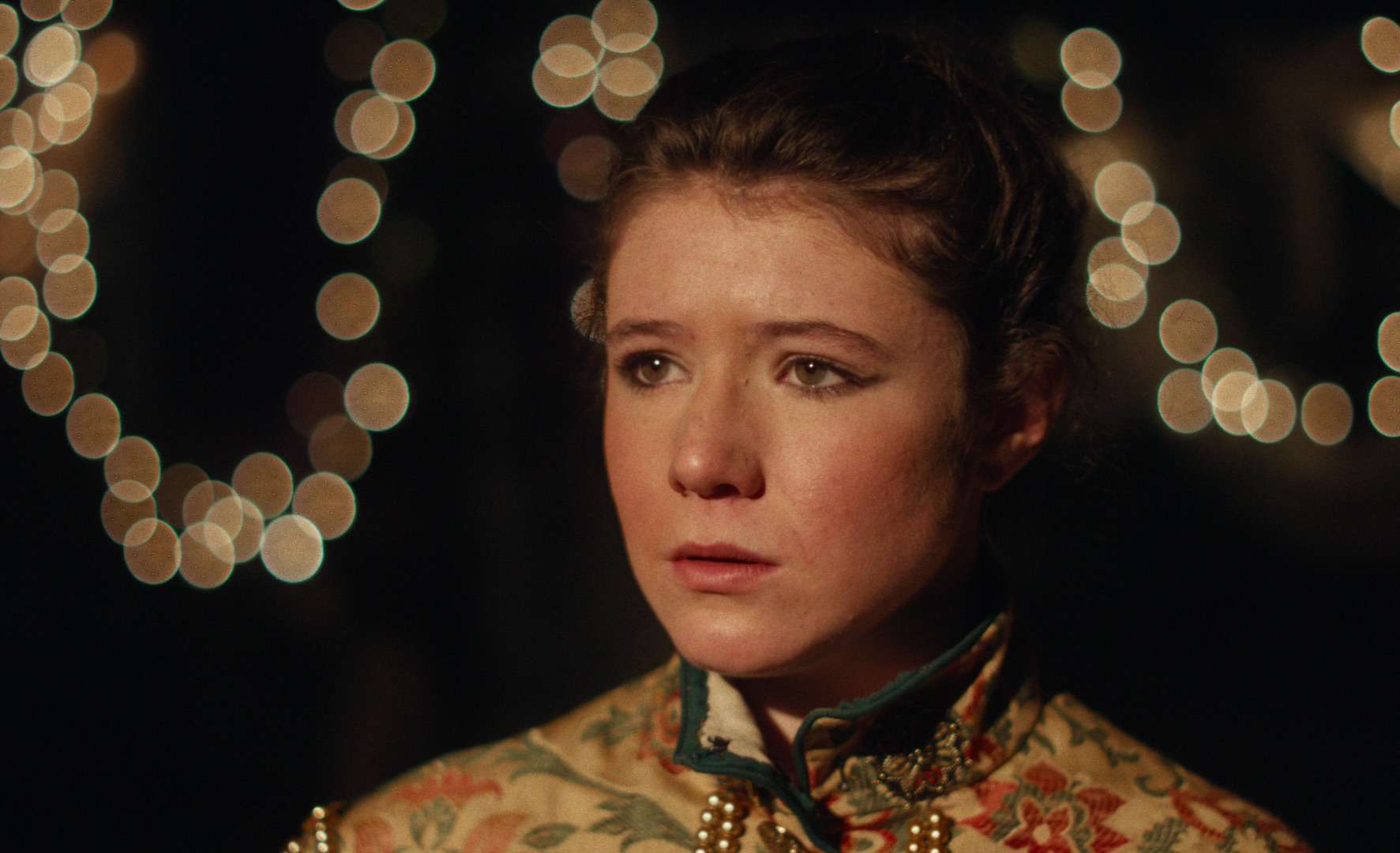Dan (played by Keith Kupferer) and his real-life family consisting of wife Sharon (Tara Mallen) and daughter Daisy (Katherine Mallen Kupferer) form the crux of filmmakers Kelly O’Sullivan and Alex Thompson’s ‘Ghostlight.’ If this did not premiere at Sundance and did not scream American indie right out, I’d have confused them for being the centerpiece of a Ken Loach movie. I mean, these lives aren’t affected by the system failing them, but Dan, especially, feels like a Ken Loach protagonist who carries such a heavy load in his heart that it feels like he would sink to the ground any second.
For a large part of the film, O’Sullivan and Thompson try to hide the reason for this burden. Firstly, they introduce us to the motormouth daughter Daisy, who is suspended from her school. Secondly, as Dan and Sharon are readying themselves for a deposition, we see clear signs of cracks in their relationship. It wouldn’t take a genius to figure out that their shared loss is that of a child, but this plot device helps ease us into their lives. So, when Dan is fired from his construction job and meets a trope rehearsing for a community play, the convoluted nature of that occurring also doesn’t bother you.

Dan becomes an unlikely member of this group thanks to Rita (Triangle of Sadness breakout Dolly De Leon), a 50-year-old actor who is set to be Juliet in the Shakespeare classic. Reluctantly, Dan first gets tangled up to play Lord Capulet, but as time passes, he is promoted to Romeo because he would be more age-appropriate for her. However, he also keeps this side of his new life secret from the family, not because he is scared to, but because this is the only place he is able to be himself and feel all his feelings.
Similarly, Daisy, who had to grow up a little too fast after the loss of his brother, had put her feelings on the back of her anger issues. The film slowly leads us into her arc of reignite her theatre passion. The film is careful never to overstep or understep the side of this young girl trying to understand her feelings while also dealing with a father who refuses to own up to his. Sharon doesn’t get a lot of screen space here to really have a proper cathartic moment, but the bottled-up emotions that are deep inside her do get a release, and for better or worse, they happen to feel well-earned.
That said, what really makes ‘Ghostlight’ shine is its idea of allowing these people to use art as a way to heal. Not only does it bring home the fact that even the most broken people feel at ease when their lives are replicated in some form, but it also gives us a sensitive path to understanding why certain people keep it to themselves while some shout their trauma out.





![Good Night Good Morning [2010]](http://www.highonfilms.com/wp-content/uploads/2016/10/Good-night-good-morning.jpg)


